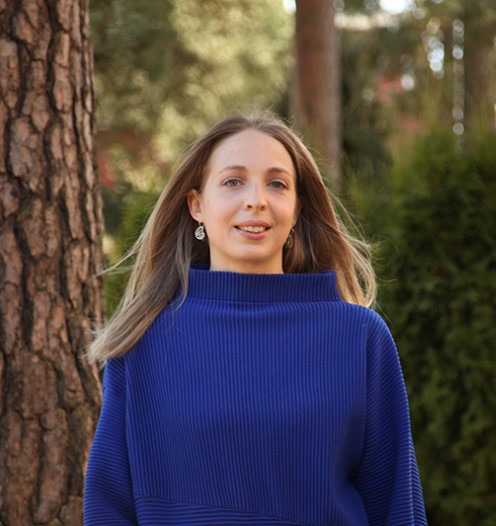Events
Public Lecture - Active Labour Market Policies in the Kyrgyz Republic: Addressing Employment Barriers for a More Inclusive Labour Market?
Date and Time: 4 June 2024, 15:15 – 16:20 (Bishkek time, GMT +6)
Venue: In person - OSCE Academy Conference Hall, 1A Botanichesky pereulok, Bishkek
Zoom Webinar - https://us06web.zoom.us/j/85231242043
Lecturer: Eugenia Pesci
Registration link: https://forms.gle/u1D4DP3rLh8uMaop9
Language: English
Organizers: OSCE Academy
Description
The labour market in Kyrgyzstan has undergone significant changes since 1991, characterized by a shift from wage employment to self-employment, informal employment, and mass labour migration. Despite the establishment of a public employment service (PES) providing “passive” and “active” measures to support the unemployed, unemployment remains a hidden phenomenon. The emphasis on active labour market policies (ALMPs), particularly vocational training and paid public works, has limitations, failing to address the diverse needs of individuals and to promote social inclusion. Recent initiatives targeting poor households and vulnerable groups such as persons with disabilities, youth, rural women, and returning migrants mark a promising shift towards a more inclusive labour market. Nevertheless, there are challenges, including donor dependency, potential negative consequences of strict conditionality, and a focus on a “work-first” approach. This policy brief argues that there is a need for more comprehensive labour market policies in Kyrgyzstan that not only enhance employability, but also focus on the quality of opportunities they provide. Structural constraints such as limited funding and human resources within the PES are analysed and recommendations for improvement are given to policymakers and donors. This policy brief was written by Eugenia Pesci and Kairatbek Dzhamangulov.
Timeline
15:15 - 15:20 Opening remarks
OSCE Academy moderator
15:20 - 15:50 Policy Brief Presentation – Active Labour Market Policies in the Kyrgyz Republic: Addressing Employment Barriers for a More Inclusive Labour Market?
Eugenia Pesci
Doctoral researcher at the Aleksanteri Institute, University of Helsinki, and Associate Research Fellow at the OSCE Academy.
15:50 - 16:20 Q&A Session
About the Speaker & the Fellowship

Eugenia Pesci is a doctoral researcher at the Aleksanteri Institute, University of Helsinki. She is a Marie Curie early-stage Researcher in the Horizon 2020-funded International Training Network “Markets”. Her research focuses on the development of labour market and employment policies in Kyrgyzstan and Kazakhstan. She is interested in analysing how global active labour market policies are translated and adapted in the context of highly informalised labour markets, by investigating how the notion of unemployment is being constructed through the activation framework in social policy. She is particularly interested in the perspective of the local bureaucracies and in understanding how they translate the policies into practices at the street-level. Methodologically, her study relies on in-depth interviews with a wide range of local and international stakeholders, participant observation, and analysis of official legislation, policies, programs, and reports. She holds a Master's degree in East European Studies from the University of Bologna, Italy.
The OSCE Academy Associate Research Fellowship (ARF) was launched in 2017 and aims to support PhD Candidates and/or Post-Doctoral researchers in conducting their research projects and provide institutional affiliation to independent researchers. The length of the fellowship is from six to twelve months and is open for Bishkek-based and non-Bishkek residents. The Academy provides Fellows with access to the library and all available online resources as well as with an opportunity to present their research and to deliver a lecture to students and the public. The Academy assists the Associate Research Fellows to make a presentation on her/his research and to publish their results in one of the OSCE Academy’s outlets.
QR Code to the Research Paper



 Русская версия
Русская версия